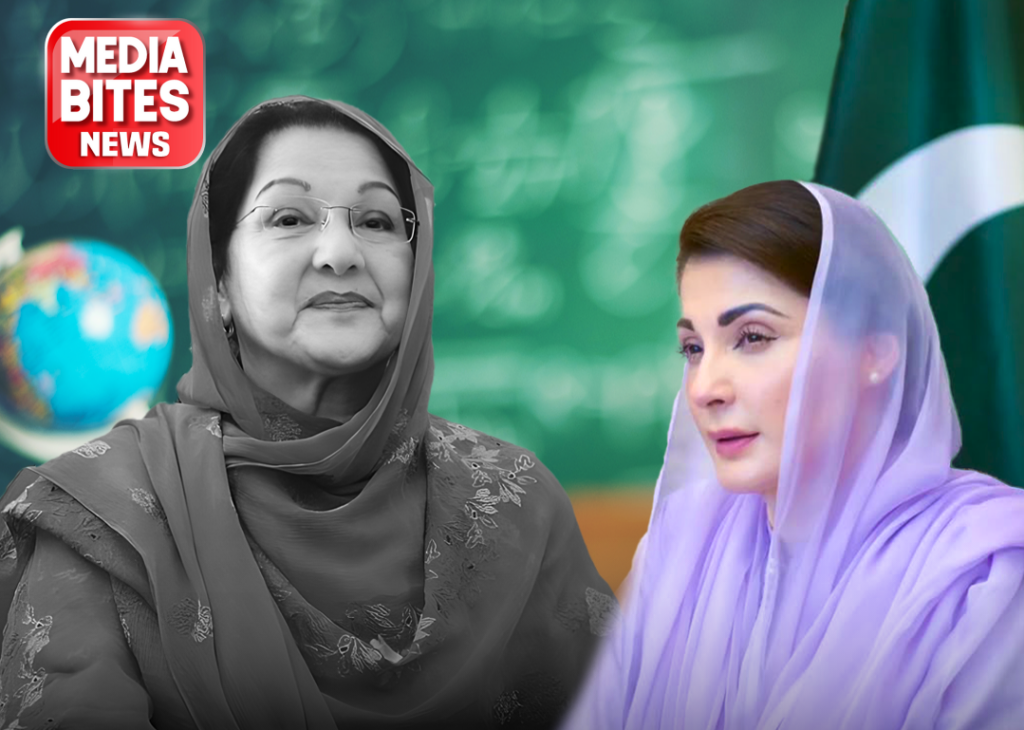In a move that has sparked widespread debate the Punjab Education Ministry is set to introduce a revised Pakistan Studies textbook for 10th-grade students starting in March 2025. The updated syllabus will feature profiles of prominent women leaders including Punjab Chief Minister Maryam Nawaz her late mother Kulsoom Nawaz Fatima Jinnah former Prime Minister Benazir Bhutto and philanthropist Bilquis Edhi.
According to ministry spokesperson Noor-ul-Huda the revision aims to acknowledge the significant role women have played in Pakistan’s development and inspire students particularly girls to contribute to the nation’s progress.
READ MORE: Empowering Pakistan’s Future!
The government introduces 100,000 e-bikes for eco-friendly rides and 50,000 scholarships to support education!
While the inclusion of women leaders is being celebrated by some as a step toward gender equality the decision is not without controversy. Critics argue that the inclusion of current political figures like Maryam Nawaz—an active and often polarizing figure in Pakistani politics—raises questions about the true intentions behind the move. Is the objective genuinely to educate and empower students or is it to subtly promote political figures and their legacies within young impressionable minds?
This decision comes at a time when Pakistan’s education system is already struggling with numerous challenges including outdated curricula inadequate resources and declining learning standards. Many parents and educators worry that instead of focusing on improving the quality of education and addressing core issues political agendas are being prioritized. Some claim this is yet another attempt to glorify specific political families and cement their influence under the guise of acknowledging women’s contributions to history.
The inclusion of figures like Fatima Jinnah and Bilquis Edhi who are widely respected and celebrated for their selfless service to the nation is relatively uncontroversial. However adding the names of contemporary politicians whose legacies are still debated has led to concerns about the politicization of education. Detractors believe this is an effort to normalize political propaganda in schools potentially shaping students’ perceptions to favor certain parties or individuals.
As this revised textbook makes its way into classrooms it has sparked a larger conversation about the role of education in shaping national identity and values. Should textbooks focus solely on universally agreed-upon figures and non-partisan topics or should they reflect contemporary realities even at the risk of controversy? For many the answers to these questions will determine whether this change is a step forward or a dangerous precedent for blending politics and education.


